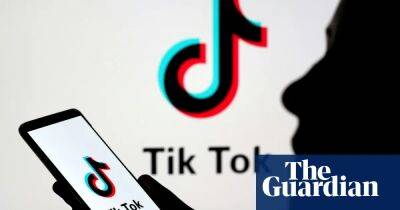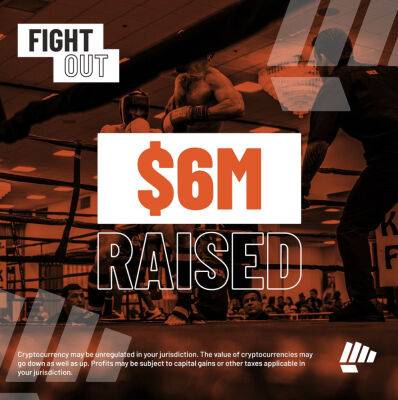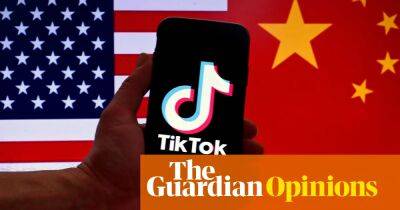It’s the great TikTok panic – and it could accelerate the end of the internet as we know it
TikTok’s chief executive, Shou Zi Chew, discovered during his five-hour grilling by US Congress what Huawei could have told him all along: being owned by a Chinese company is bad for business.
In fact, the panic over TikTok is a lot like like Huawei and 5G all over again. The security and privacy risks are plausible, but largely without evidence. What this is really about is trust, trade and geopolitics.
The US hearings took place as the UK extended its ban of TikTok to the parliamentary estate, after initially banning the app from central government officials’ work phones. Canada, the EU and several member states have implemented partial bans.
Yet rather than taking this moment as an opportunity to revisit why democratic societies have allowed tech companies to make pervasive data collection and monitoring the norm, policymakers are rushing through bans that sit uncomfortably with the liberal democratic tradition, and are likely to accelerate the fragmentation of the internet.
TikTok makes money by collecting data on its users and feeding them exactly what they’ve been profiled to respond to, including the goods and services of advertisers. That’s the business model of every free-to-use social media platform, and TikTok is particularly good at it. Nearly 70% of American teenagers use the app, while only 30% of the same age group use Facebook. By some estimates, young people open the app up to 19 times a day.
The company’s 5,000-word privacy policy sets out in grim detail just how much data is collected: essentially, it’s everything. The terms are also clear about the use of that data to personalise and customise your feed, fulfil purchases, personalise ads and measure their effectiveness.
But the business model that TikTok
Read more on theguardian.com


![Polygon [MATIC]: The yin and yang of network growth and price movement](https://finance-news.co/storage/thumbs_400/img/2023/4/1/62504_qzhl.jpg)








![Bitcoin [BTC]: The king coin’s rally may end soon, suggest lurking bears](https://finance-news.co/storage/thumbs_400/img/2023/3/30/62135_wdz.jpg)


